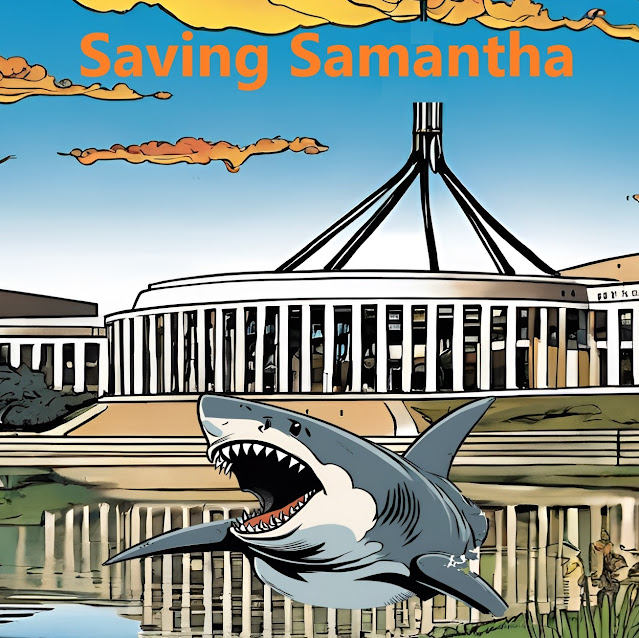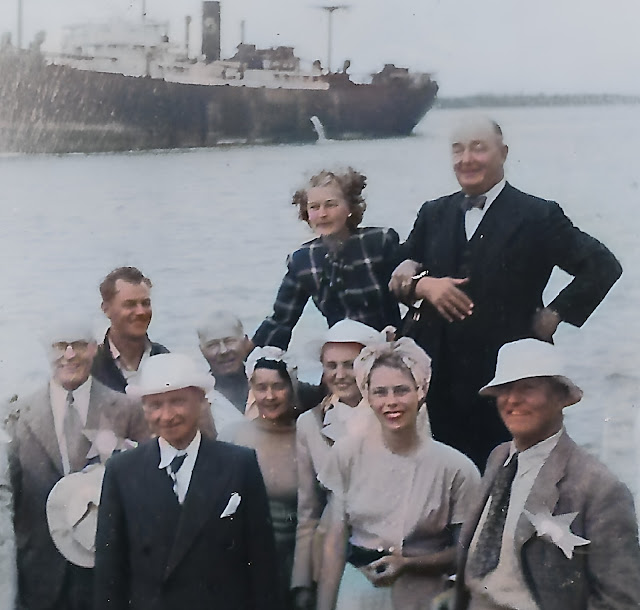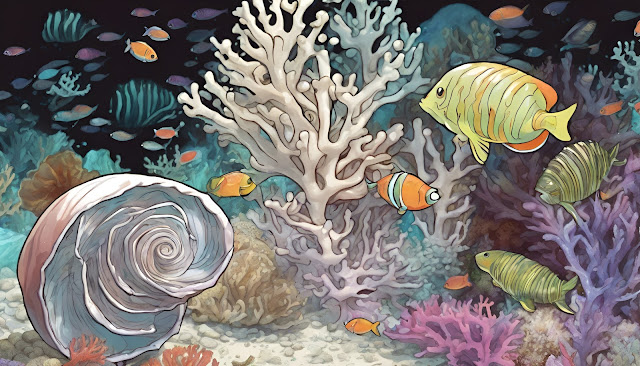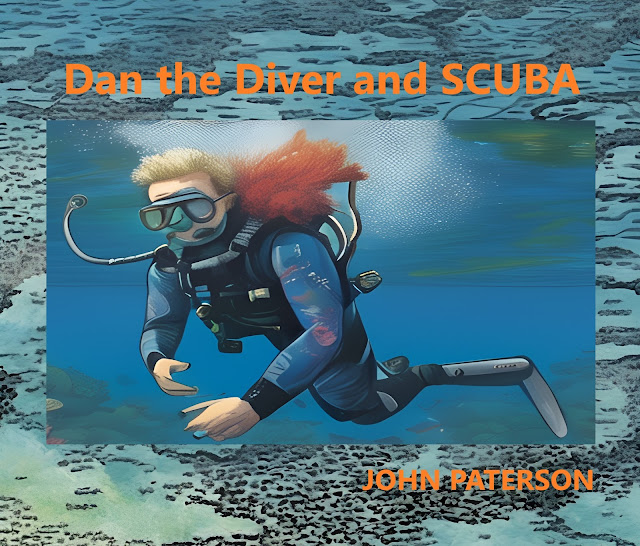Charonia Research Children's Book
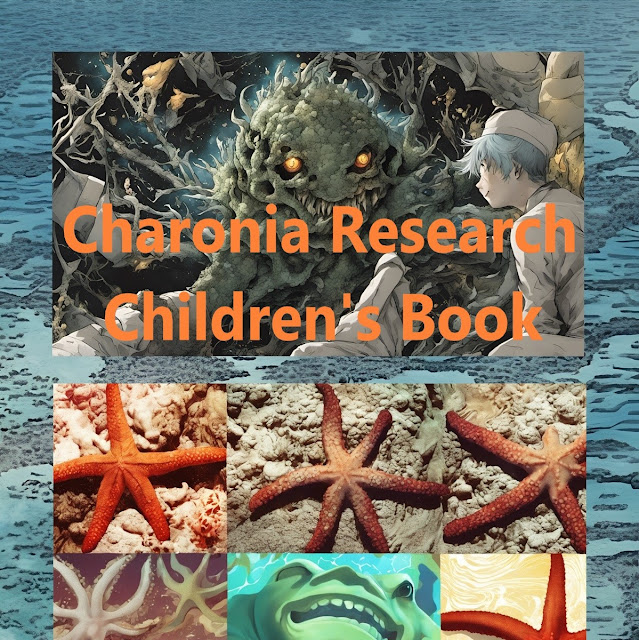
This book includes the four short stories: Don't Blame Me, What We Like To Eat, Dan The Diver Joins STEM Club, and Dan The Diver And SCUBA."Don't blame me," said the little boy. "The problem with our oceans is that they're huge.""That's what I've been telling them for 60 years," said Paddy the Starfish."I'm just a baby, so don't blame me" said Junior to Bubbles the slug. "The problem is up there"."Something must have changed, but what was it?" said Angel Fish. "I suspect lots of things"."I know that you're talking about me," said Thorny passing by quickly for good reason."I know that you're here somewhere, Thorny" said Dan the diver. "You can't outrun me"."You won't get away next time Thorny," said Triton. "Your days are numbered"."That's all right for you to say Triton," said Nudibranch. "You have a shell...
